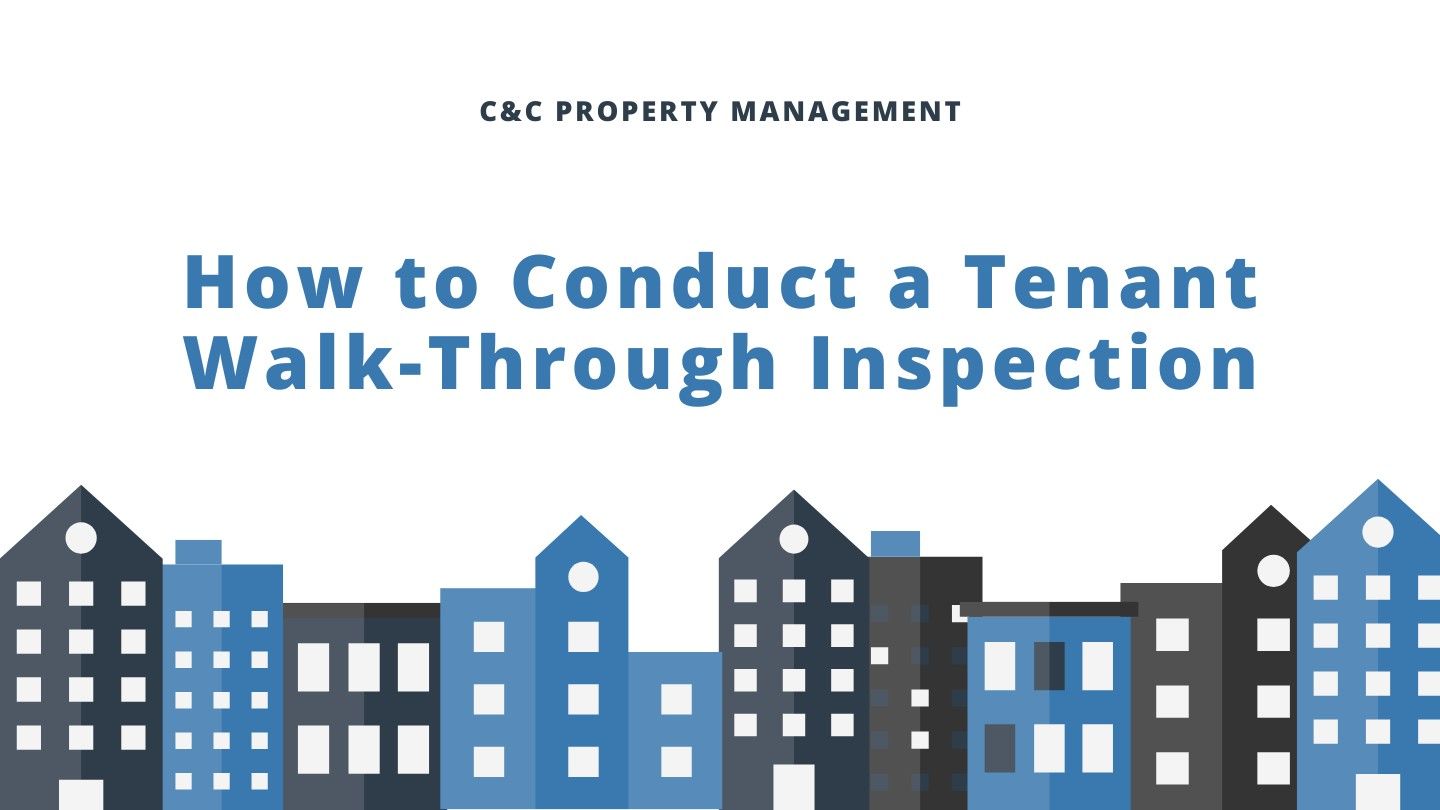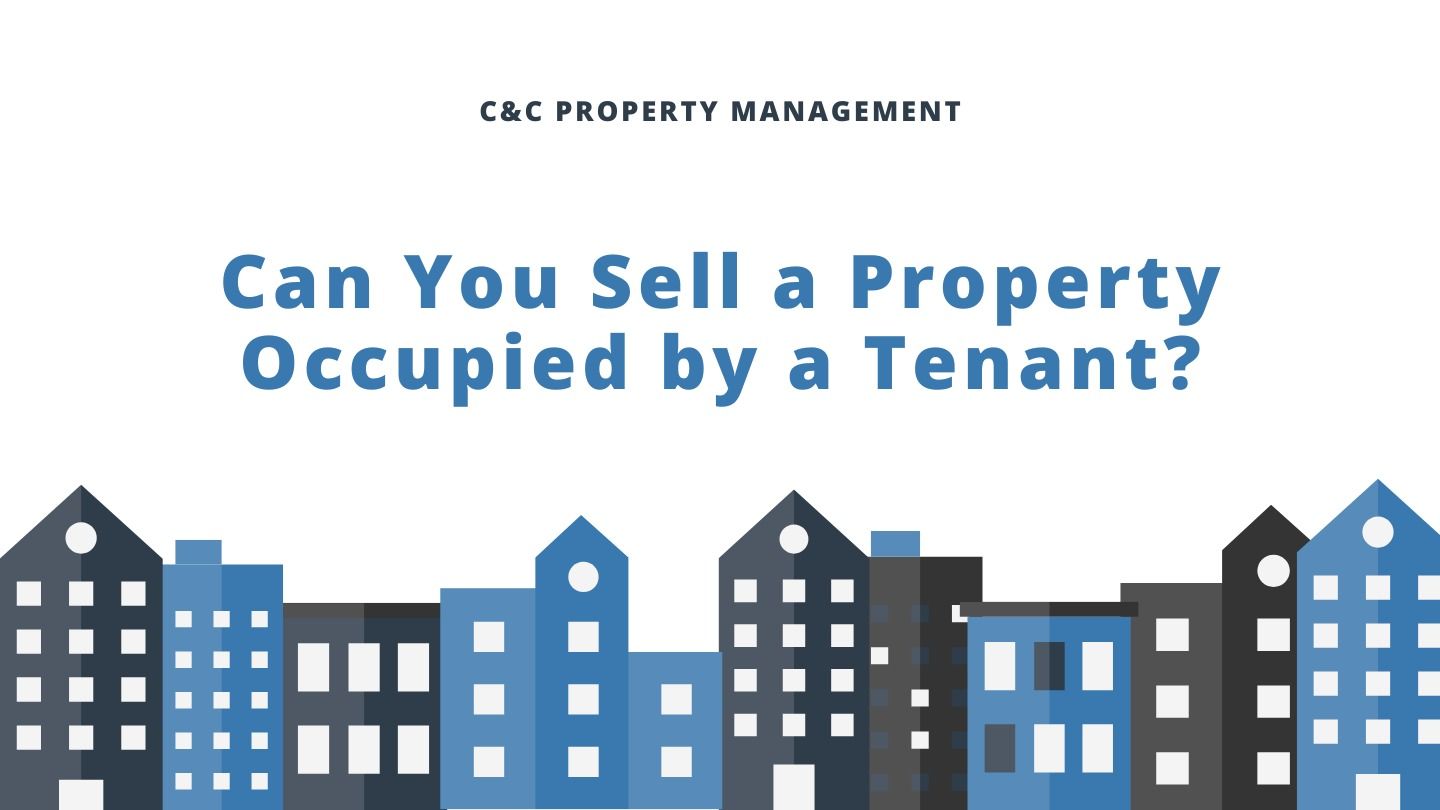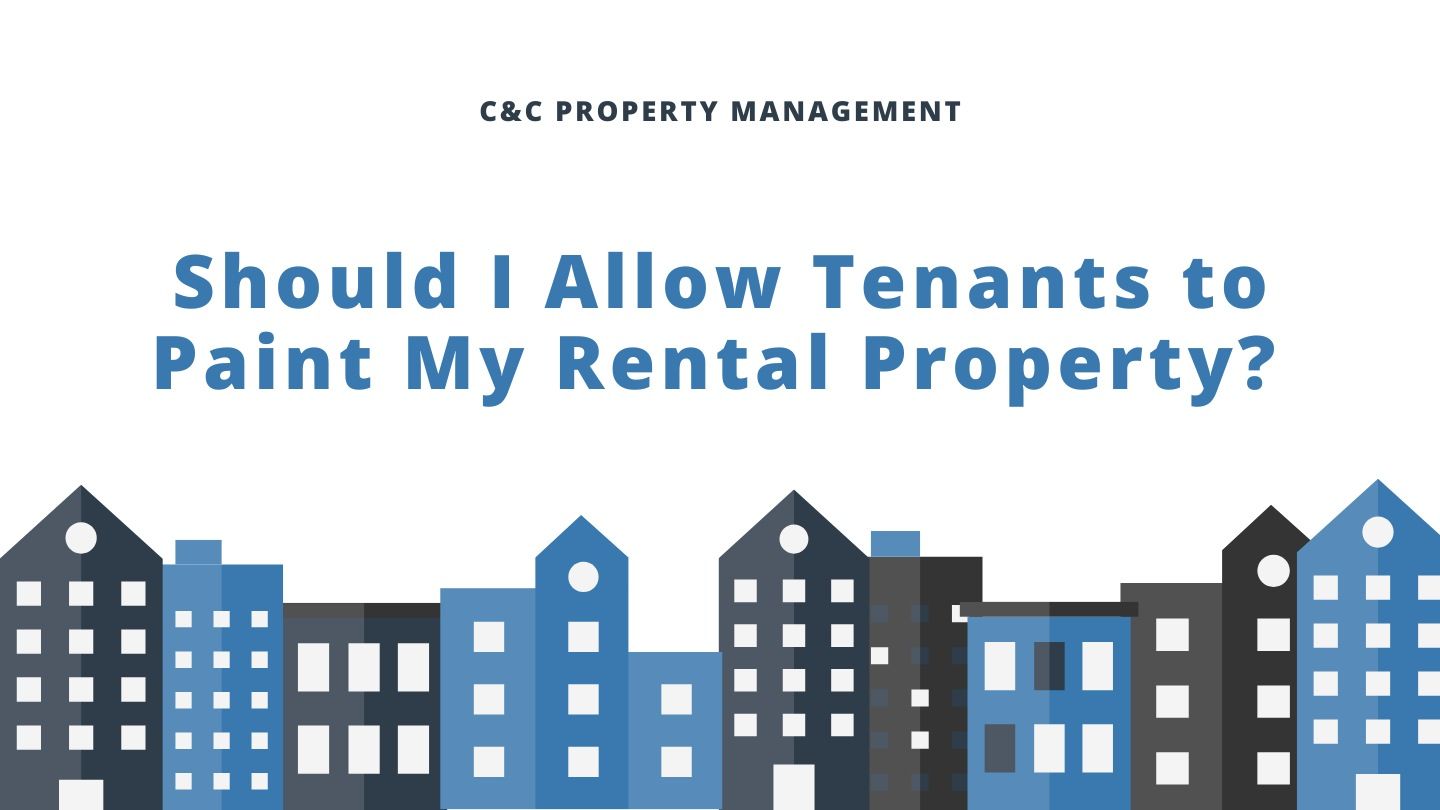No More Governor Emergencies
What does that mean for rent control?
California has been under a type of governor-declared emergency that has triggered the state’s anti-price gouging law and its limit on rent increases for quite some time.
As of now, no such emergency remains in effect. The last of these declarations ended on Wednesday. Governor Newsom announced that California’s COVID-19 state of emergency would lapse February 28,
this declaration only set extended limits on rent increases for the first year of the emergency.
The numerous declarations during the summer triggered Penal Code Section 396 for 30 days after the proclamation was made, making it illegal to increase the price of consumer goods and services, including rental housing, by more than 10% above pre-emergency levels. Under the Penal Code, the anti-price gouging protections apply to existing tenants and to rent increases at unit turnover.
The most recent developments are not a green light to increase rents by more than 10%. Cities and counties frequently declare their own emergencies, which trigger protections against price gouging under the Penal Code.
Other factors such as local rent control ordinances also limit rent increases on affected housing.
If you have questions about rent increases and AB1482, feel free to visit us at www.ccrentalpro.com for more information.








